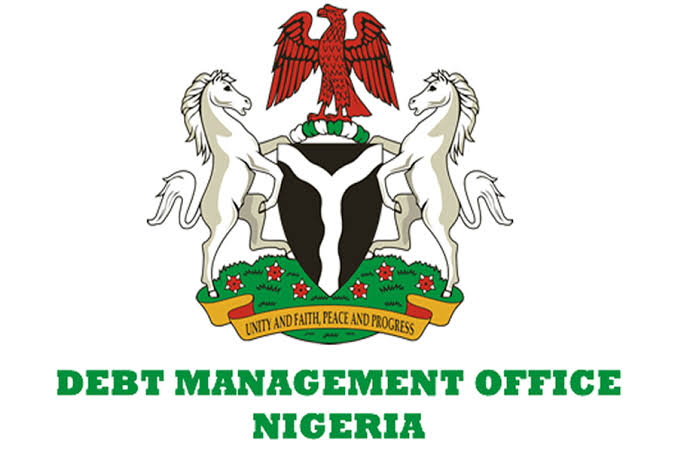By Aaron Ossai and Disun Amosun
Director General of the Debt Management Office, DMO, Patience Oniha has hinged Nigeria’s economic survival on the country’s ability to significantly shore up her revenue through aggressive generating efforts and reduce her debt servicing cost to the barest minimum.
She stated this Monday while responding to questions by members of the House of Representatives Committee on Aids, Loans and Debt at a budget defence exercise.
She noted that though, the chances of the country genuinely increasing her revenue base to the expected level of bringing down her current over N10 trillion total debt servicing charges, especially during this dwindling world economic outlook made worse by the negative economic effects of the invasion of Ukraine by Russia.is not yet feasible.
Ms Oniha said faced with the present status of Nigeria’s revenue profile, her tendency to raise loans and capital bonds to fund her budget is understandable and agreed with Committee members that the country’s debt profile cannot continue it’s astronomical rise as a ceiling must be urgently placed on it.
She gave the current domestic profile for Nigeria as N20.946 trillion while the projected external borrowing for the year stands at $26 billion.
The Committee on Aids, Loans and Debt had grilled the DMO boss over increase in domestic debts amounting to N3.3 trillion in 2023 budget.
The Committee Chairman, Rep Ahmed Safana expressed surprise at the astronomical increase in debt profile of the country through borrowing by the government, noting that it cannot continue unabated.
He noted that there is one trillion Naira, increase in the debt profile of the nation in the last one year, calling on the DMO as relevant agency to halt frequent borrowing.
The DG had earlier told the members that the domestic debt profile of the country stood at N3.685 trillion and there is another $2.57 billion from external borrowing by government
She further stated that domestic debt profile of the country is rising from N3.2 trillion in 2022 to N3.3 trillion in 2023 due to high interest rate from borrowed funds from domestic and international sources.
“Borrowing is a collective responsibility and there is need for the parliament to look at borrowing of funds by the government from a macro-economic perspectives” the DG stated.
At the session, a member of the panel, Rep Emeka Azubogu, (Anambra, PDP) decried frequent borrowings while some other lawmakers demanded details of the personnel cost of the agency and the number of its employees.
Another member of the Committee, Rep Steve Azaiki (Bayelsa, PDP) advised that the federal authorities engage consultants for them to be able to access funds from the $70 billion climate change funds in the USA.







